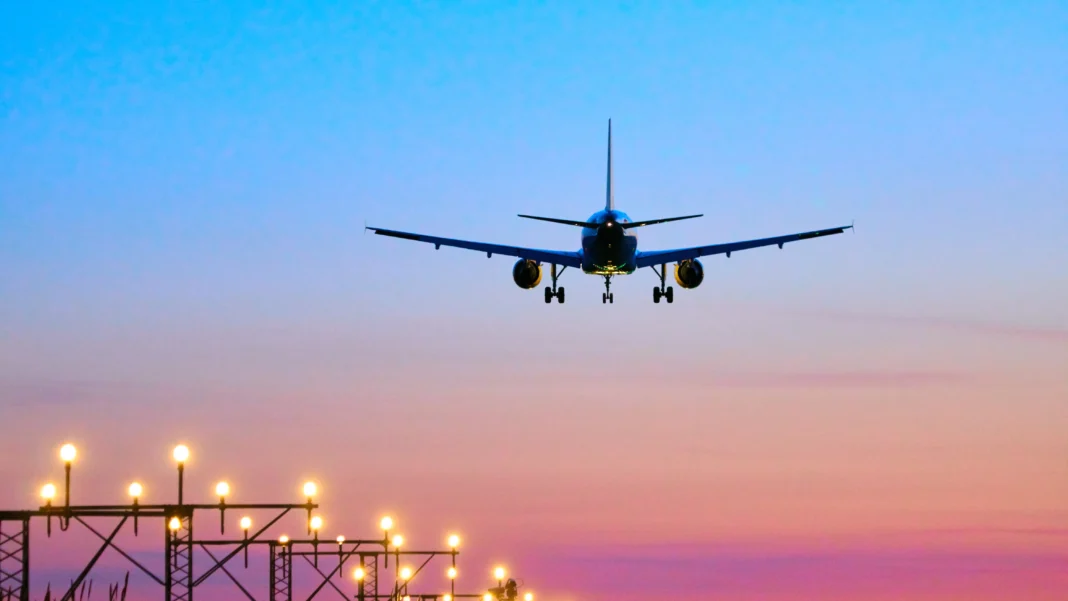The Evolution of Passenger Expectations
Air travel has undergone a remarkable transformation over the years. Once viewed simply as a means to get from point A to point B, flying is now considered an experience in itself. Passengers expect more from airlines than just transportation; they seek comfort, convenience, and efficiency. Resources such as https://businessclass-airlines.com allow travelers to explore a variety of options that highlight the many ways in which modern air travel can cater to these changing expectations.
Why the Journey Matters as Much as the Destination
In the past, many travelers accepted the discomfort of long-haul flights as an unavoidable part of the journey. Today, however, the journey itself is seen as an integral part of travel. A smooth, relaxing, and enjoyable flight can set the tone for an entire trip, whether it’s a family holiday, a corporate meeting, or a personal getaway. Modern passengers are more aware that the value of air travel lies not only in reaching the destination but also in how well the journey is managed.
The Role of Comfort in Modern Flying
One of the most significant shifts in aviation has been the prioritization of passenger comfort. Reclining seats, additional legroom, noise-reducing cabins, and upgraded meal services have become essential to meeting traveler expectations. Comfort is no longer viewed as a luxury but as a necessity, especially for those who fly frequently. For travelers embarking on overnight or intercontinental flights, enhanced seating and service options can make the difference between arriving exhausted or arriving refreshed.
Finding Balance Between Cost and Value
The perception that premium travel experiences are beyond reach is slowly fading. While such options typically cost more than economy seats, travelers increasingly recognize the balance between price and value. The additional expense is often offset by benefits such as better sleep, improved productivity, and reduced stress. Many passengers now view these advantages as investments in their overall well-being, rather than mere luxuries.
Beyond the Cabin: Perks That Transform the Journey
Air travel is not defined by the flight alone. Services and amenities surrounding the journey play a vital role in shaping the passenger experience. Priority boarding ensures less time waiting at the gate, fast-track security simplifies the airport process, and baggage handling reduces post-flight stress. Airport lounges further enhance the experience, offering quiet, well-equipped spaces where travelers can relax, dine, or work before departure.
Technology’s Role in Smarter Travel Decisions
Technology has made planning flights more accessible and transparent than ever before. Online comparison tools provide passengers with clear options, allowing them to evaluate not just prices but also the amenities included with each fare. Artificial intelligence is increasingly used to personalize flight recommendations, helping travelers find journeys that suit their preferences and needs. This digital shift has placed control firmly in the hands of passengers, enabling them to make more informed and confident travel choices.
Air Travel as a Space for Productivity
For business travelers, flights often become an extension of the workday. With in-flight Wi-Fi, charging stations, and ample space for laptops, passengers can continue working while in the air. This ability to remain productive transforms what was once considered lost time into an opportunity. Arriving at a destination with key tasks already completed provides professionals with a head start, making travel not only comfortable but also efficient.
Wellness and Well-Being at 35,000 Feet
Another growing focus in air travel is wellness. Airlines are introducing menus designed around healthier dining, cabin lighting that aligns with natural circadian rhythms, and seating that reduces the risk of stiffness or fatigue. These measures are particularly valuable for long-distance travelers, who benefit from a more balanced and health-conscious flight experience. Ensuring wellness during travel has become just as important as comfort and efficiency.
Sustainability and the Future of Flying
The aviation industry is under increasing pressure to adopt sustainable practices. Travelers are becoming more conscious of the environmental impact of their flights, and airlines are responding with eco-friendly measures. Newer aircraft designs consume less fuel, while onboard amenities increasingly focus on reducing waste. Premium travel options often incorporate sustainable elements, ensuring passengers can enjoy enhanced experiences without compromising environmental responsibility.
Preparing for What Comes Next
Looking ahead, the future of air travel promises even greater innovation. Biometric boarding will reduce wait times, while AI-driven systems will anticipate passenger needs before they arise. Enhanced aircraft design will prioritize not only safety but also comfort and efficiency. Passengers who are open to exploring upgraded experiences now will be better prepared to take advantage of these developments as they become mainstream.
Final Reflections
Air travel has evolved into far more than just a way to reach a destination. It represents an opportunity to blend comfort, productivity, wellness, and convenience into a seamless journey. For many travelers, the choice is no longer between economy and luxury but between enduring a trip and truly experiencing it. By understanding the value of comfort, efficiency, and smarter decision-making, passengers can ensure that every journey becomes an experience worth remembering.




